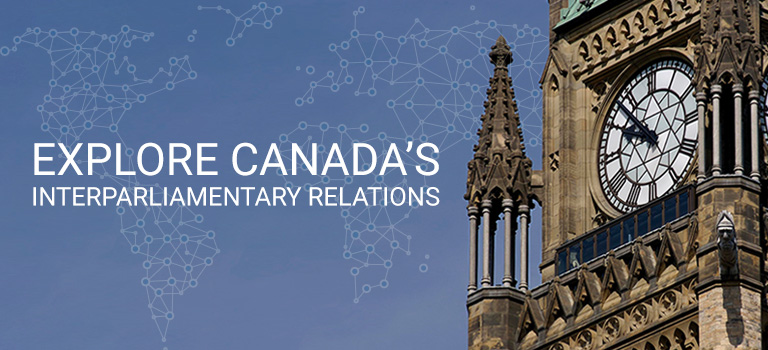Interparliamentary Activities and Reports
Refine your search
Results: 751 - 756 of 756
June 16 - 18, 2021
World e-Parliament Conference
By videoconference
Canadian Group of the Inter-Parliamentary Union (UIPU)
June 15, 2021
5th Gathering of ParlAmericas Parliamentary Network on Climate Change (Dialogue with Civil Society and Youth Representatives)
By videoconference
Canadian Section of ParlAmericas (CPAM)
June 14, 2021
CPA-UK Branch Workshop: Multilateral Trade Agreements: Opportunities and Challenges
By videoconference
Canadian Branch of the Commonwealth Parliamentary Association (CCOM)
The first workshop, entitled Multilateral Trade Agreements: Opportunities and Challenges, was held on 14 June 2021. The topic was presented by David Lawrence, Senior Political Adviser at the U.K. Trade Justice Movement, and Stephanie Honey, a trade expert and former New Zealand diplomat. The session generally focused on the history of multilateral trade agreements, their benefits and challenges. Mr. Lawrence explored whether the U.K. would benefit from the CPTPP economically, geopolitically and environmentally.
The workshop was attended by the following parliamentarians from the Canadian Branch of the CPA: The Honourable Robert Black, Senator, Mr. Randy Hoback, MP, and Mr. Daniel Blaikie, MP.
June 12 - 17, 2021
Summit on the rapprochement of Canadian Francophonies
By videoconference
Canadian Branch of the "Assemblée parlementaire de la Francophonie" (CAPF) on Fanslab platform
Results: 751 - 756 of 756 — Page: 76 of 76


